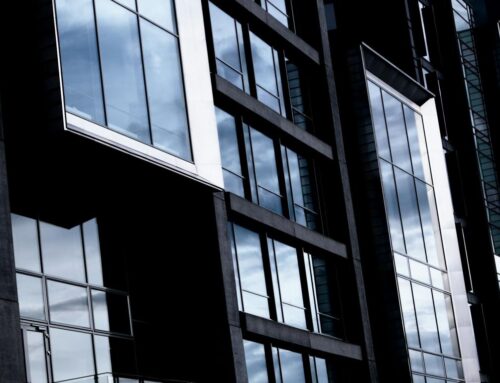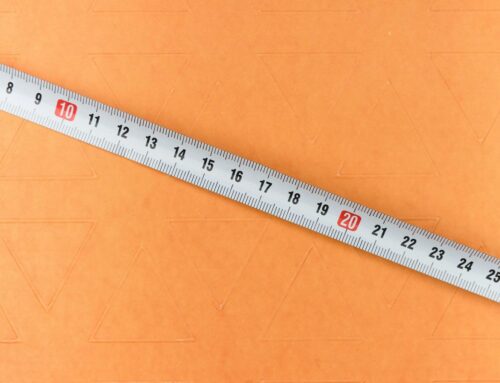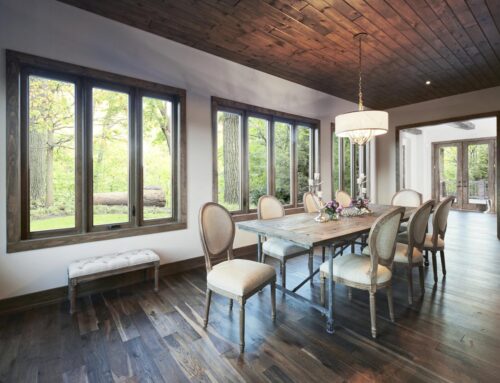When it comes to designing a home, every detail matters. Whether you’re in the early stages of creating architectural plans and renderings, or you’re in the midst of the building process, the decisions you make will ultimately affect the quality of the project and the value of the home.
As a home builder, the features you select to round out the design go beyond aesthetics — they can impact the overall structure. One of the prime examples is the windows that are chosen and, more specifically, the materials used to frame the windows themselves.
Each material offers its own benefits and qualities to consider. Understanding the differences between each material, and working with a top window manufacturer, will allow you to make the most accurate and cost-effective choice for your new builds.
Wood
Windows that are framed in wood give off a natural aesthetic favoured by many homeowners. As a durable material, they’re also a popular choice among builders looking for an option that can last over time without losing its visual appeal.
Wood frames are known for keeping condensation to a minimum and offer great insulation — which is ideal if you’re building homes in regions that are subjected to cold winters. Wood frames can also be painted or stained to match any aesthetic — whether your supplier is manufacturing awning windows or creating grand picture windows.
Vinyl
Vinyl is a material composed of PVC — polyvinyl chloride — and is commonly used in many aspects of home builds, from plumbing to window frames. When it comes to the latter, vinyl is favoured as one of the most sought-after types of energy efficient windows especially when paired with Low-E glass.
Vinyl requires little to zero maintenance and doesn’t need to be painted or stained — making this a popular choice for builders looking to appeal to a broad range of buyers and one of the most widely ordered among specialty window manufacturers.
Aluminum
Aluminum windows have become one of the most sought-after choices for builders looking to create a modern aesthetic. While the material itself is lightweight, it doesn’t come at the cost of durability and can support large pieces of glass — giving you the option to create spacious windows for a home building project that can let in more natural light.
For builders looking for customizable options, aluminum is a favourable choice — it can be tailored to fit various sizes and shapes, which is ideal for homes with architectural windows. Many window manufacturers offer aluminum with baked-on finishes, which means zero repainting and zero maintenance.
Fibreglass
Fibreglass has gained popularity in recent years, most notably for its durability and its ability to mimic wood windows — giving it the aesthetic many buyers look for without the price tag.
Fibreglass is one of the most well-insulated materials and is resistant to flaking and peeling, which is ideal for builders looking to get the most for their money. With its ability to withstand warm temperatures, it’s ideal for homes being built in seasonal climates. Its versatility and eco-friendly qualities are also important to note since it’s important to encourage sustainability when creating custom homes in North America.




